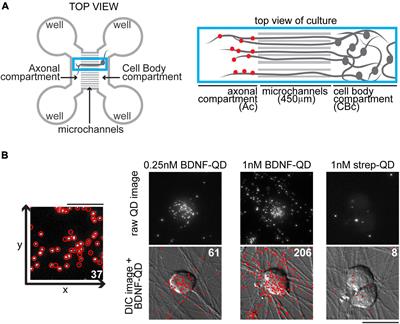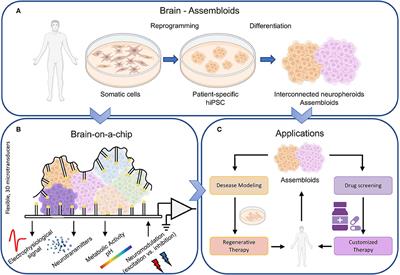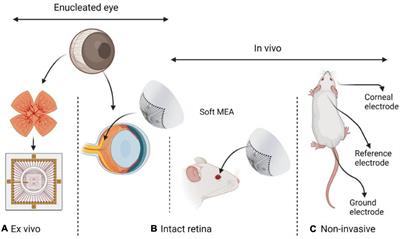REVIEW
Published on 28 Jun 2022
Advantages, Pitfalls, and Developments of All Optical Interrogation Strategies of Microcircuits in vivo
doi 10.3389/fnins.2022.859803
- 3,907 views
- 13 citations
9,678
Total downloads
43k
Total views and downloads
REVIEW
Published on 28 Jun 2022
OPINION
Published on 25 Apr 2022
REVIEW
Published on 11 Apr 2022

ORIGINAL RESEARCH
Published on 31 Mar 2022

OPINION
Published on 02 Mar 2022

MINI REVIEW
Published on 25 Feb 2022

REVIEW
Published on 16 Feb 2022
